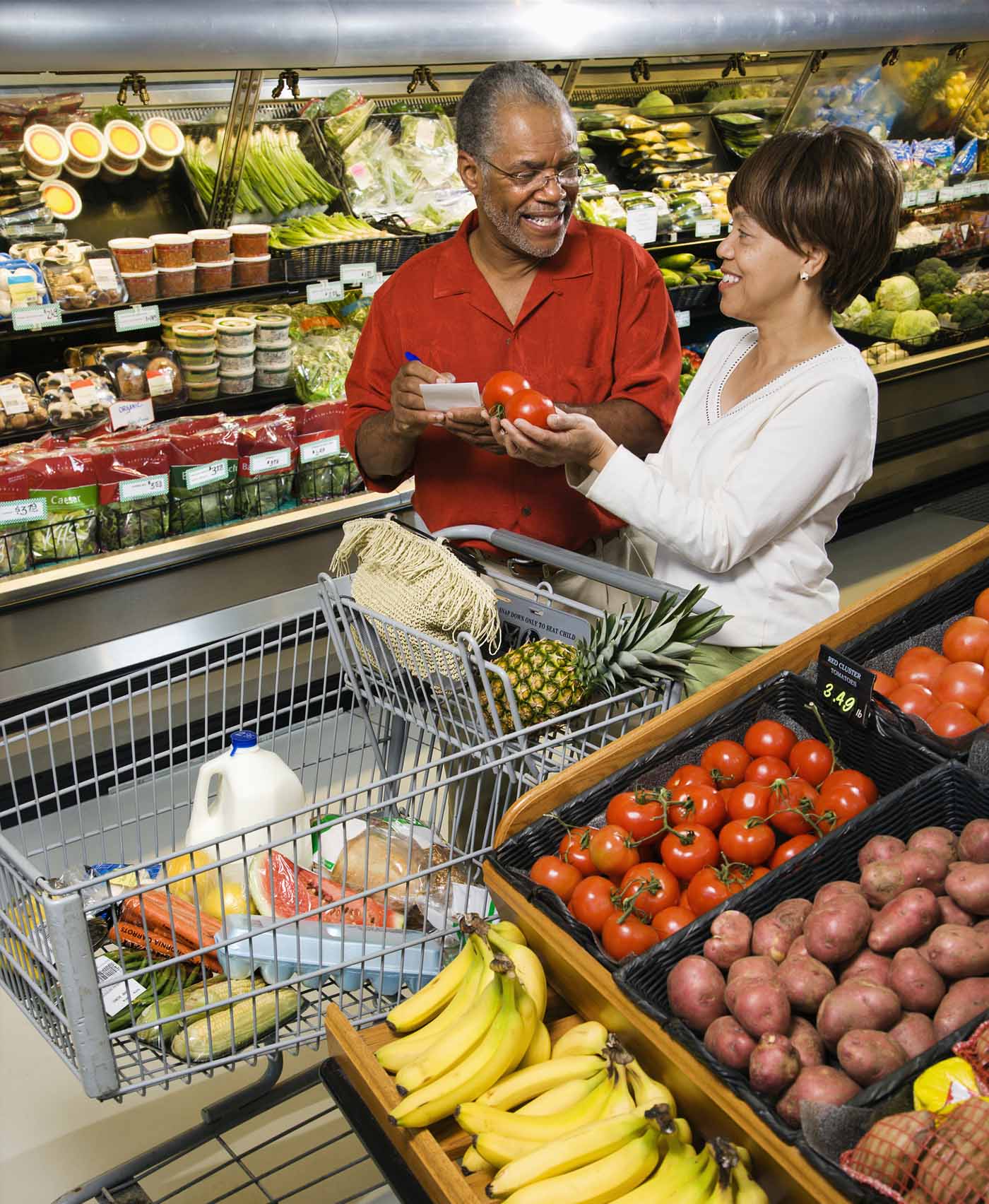Hungry shoppers buy more—that’s exactly why consumers are advised not to shop when they’re hungry. Going to the grocery store on an empty stomach makes you more susceptible to impulse grocery spending. It’s likely to leave you with more groceries in your cart and less money in your bank account.
But hunger isn’t the only driver. The very smell of food can induce or increase hunger, leading to more shopping and greater spending. That’s why scent marketing can be a lucrative investment for grocery retailers.
Hunger drives consumption
A hungry tiger is going to hunt. A hungry person is going to shop. Hunger is a fundamental drive. We’re built to respond to it by pursuing food, so it stands to reason that a person who’s feeling hunger pangs will buy more.
The research backs that up. Not only do people buy more when they’re feeling hungry (especially if they don’t have a grocery list), they optimize for calories. For example, in one study shoppers who’d fasted all afternoon and then went to the store before dinner bought more high-calorie foods, most of it junk food.
Smell induces and enhances hunger
The sensation of hunger is made worse when we smell food. You know it from practical experience: the meat on the grill or the sweet scent of fresh cupcakes makes your empty stomach rumble. It’s one reason grocery stores are now built so that their deli’s and bakeries are open to the public, allowing the scents from the kitchen to drift out to shoppers pushing their empty carts. It’s also a reason that food sampling stands are a staple of stores.
So, the answer is “Yes.” The right smell can drive up hunger and grocery spending. Researchers found that when the smell of baking bread was released in a supermarket, sales of baked goods increased three-fold. Another study showed that fruit flies exposed to food-related odors ate 30% more even when they were already fed. Similar studies in humans show that the right food scent can cause people to overeat. (Oh, and bad news for those dieting—food smells have that effect on dieters even more!) When consumers are shopping instead of eating, the smell of food translates into “over” shopping.
Making the most of scent
It’s great to have the deli and bakery open so the aromas from the kitchen can linger, but it doesn’t help impact buyers are in the middle of the store. And it doesn’t provide much control over the scents. Aromas may not travel far and may not consistently permeate the areas that they do cover.
Plus, many studies show that congruence is important for impacting buyers. For example, the scent of chocolate in the meat department will not increase meat sales. In fact, it may have the opposite effect. So called incongruent scents can have a negative impact on sales and on the time shoppers spend in a store.
So, if the smell of baking bread increases bakery sales, how do you get the same increase in beverage sales or in the candy aisle? That’s where a scent system can help. It lets you release specific scents in specific locations, vary the scent based on time of day and other factors, and use a potent fragrance designed to elicit the optimal reaction—rather than just hoping the smells from the bakery are enough. A scent system can even extend aromas outside of your storefront, drawing in potential customers passing by.
Using the science of scent to induce and enhance hunger gives you a better chance of increasing sales. Prolitec’s AirQ technology delivers specific aromas using a precision, computer-controlled system. It releases all the compounds in the scent at one time using a system that leaves no residue or moisture, just the perfect aroma to meet your scent marketing goals. Discover how scenting strategies can boost customer spending in retail spaces.
References:
Hirsch, 1995, International Journal of Aromatherapy
Julianne Wyrick | “Is your nose making you overeat?” | Sep. 2013 | Scientific American
David McNamee. “How smell and hunger work together is explained in a new study” Feb 2014
Charles S. Gulas, Peter Bloch. “Right under our noses: Ambient scent and consumer responses” Sep. 1995 | Vol. 10 | No. 1 | Journal of Business and Psychology

